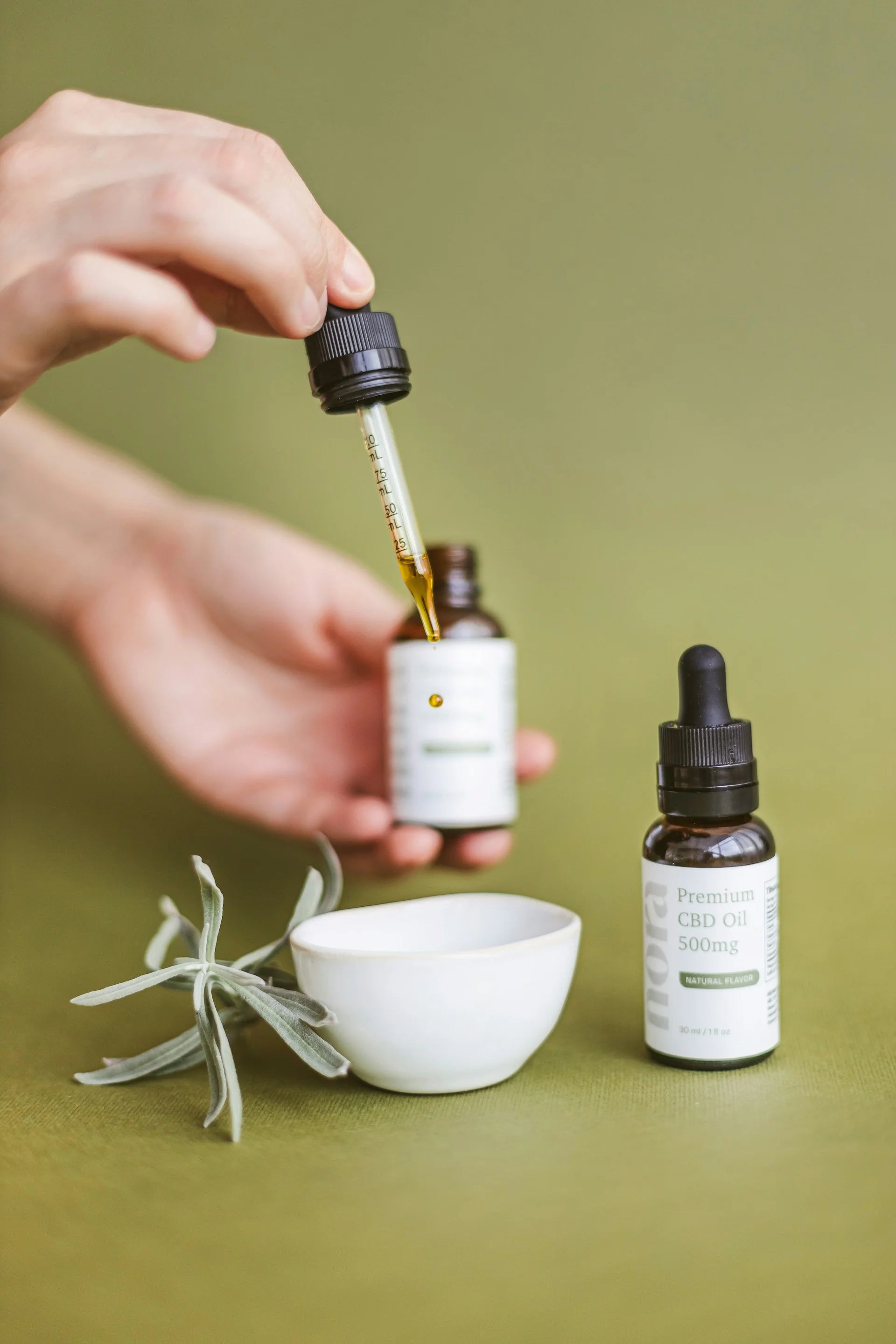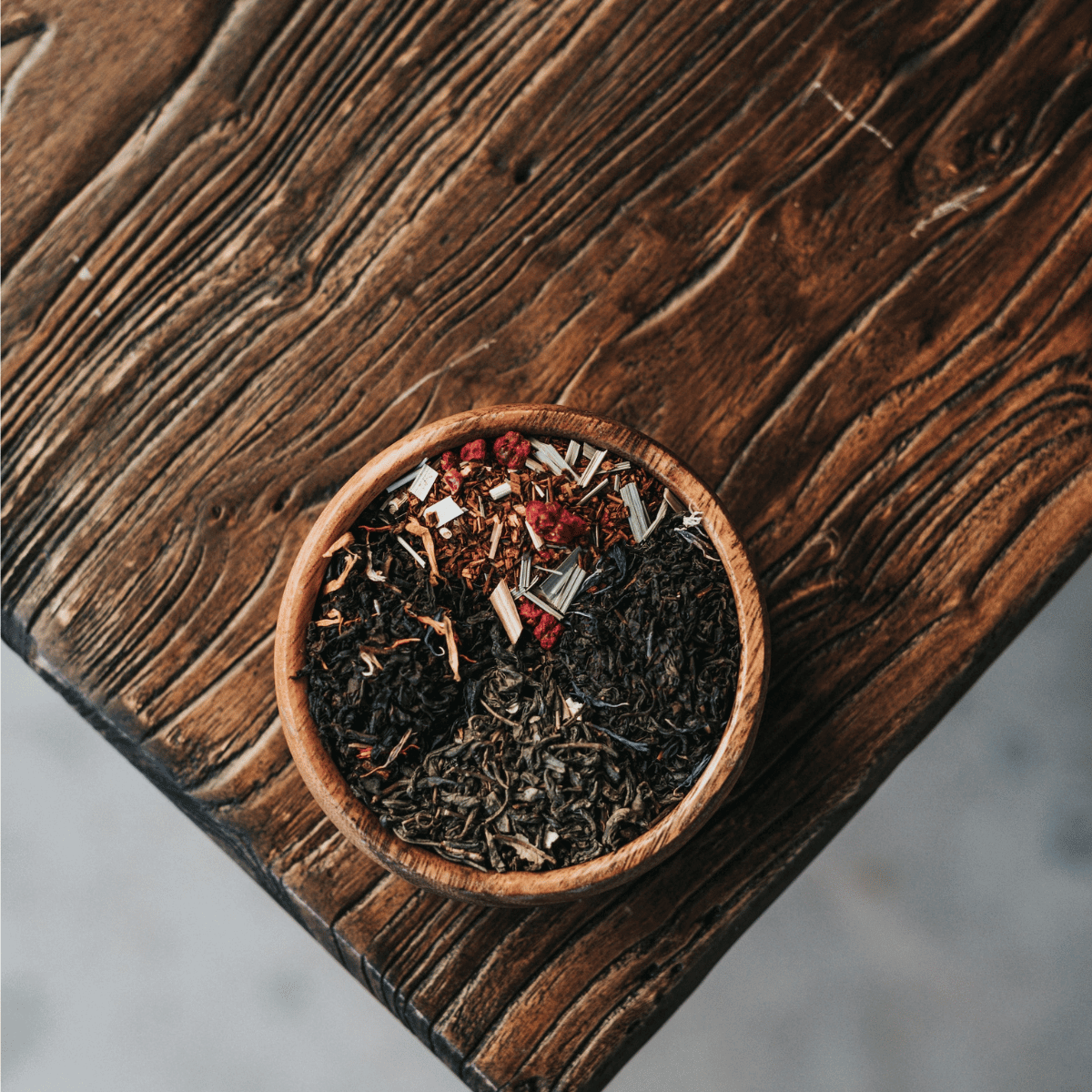Smoking Turmeric
Turmeric (Curcuma longa) has been used as medicine in traditional Ayurvedic and Chinese medicines for centuries, and the active ingredient, curcumin, is supposed to be very effective in reducing symptoms of many illnesses and diseases, including depression, cardiovascular disease, cancer, Alzheimer's disease, diabetes, arthritis and more. However, one of the most common questions people have about turmeric/curcumin is whether or not they can smoke it! Keep reading to learn more!
Can you smoke turmeric?

Turmeric is a yellow-colored spice often used in Indian cuisine and in traditional Chinese medicine. Curcumin, a compound found in turmeric, has apparently antioxidant, anti-inflammatory, and anticancer properties. It is apparently a good chemoprevention herb too. A recent study showed that curcuminoids, the compounds in turmeric that give it its yellow color, can kill lung cancer cells. However, another study found that curcumin supplements did not increase the bioavailability of curcuminoids in the body. Turmeric needs further in vivo or in vitro studies before concluding any health benefits or effects of the plant.
Where does the plant come from?
Turmeric is a plant that comes from the ginger family. It is native to Southeast Asia and has been used in Ayurveda, which is traditional Indian medicine, for centuries. The main ingredient in turmeric is curcumin, which has powerful antioxidant and anti-inflammatory properties. Curcumin makes up only 3% of the weight of turmeric root, so it can be challenging to get enough of this compound if you are not using the whole root.
How is turmeric used?
Turmeric is used in many different ways. It can be used as a spice (kept at the room temperature), a natural dye, in essential oils, or it may be a good antiseptic. Many people like to also use it in home remedies. Curcumin, the main ingredient in turmeric, is known for its anti-inflammatory and antioxidant properties.
Turmeric is generally safe to consume in small amounts, but it's essential to be aware that it does contain some oxides and may be mutagenic at high concentrations. It has not been shown to cause any adverse health effects at a low dosage of 3g per day, so you can smoke turmeric if you're doing it for the taste or spicing up your joint. However, smoking anything is harmful to your health and we always recommend consulting a health practitioner before using anything.
Is turmeric considered a drug?
Turmeric is considered a dietary supplement in the United States. The FDA does not regulate it, but that doesn't mean it's safe. There's very little research on the effects of turmeric, and what we know comes from animal studies. That said, we do know that turmeric is toxic at high doses. A recent study found that high doses of turmeric can cause liver damage in rats. So, while we don't know if turmeric is safe to consume, it's best to err on the side of caution and avoid it altogether.
Smoking turmeric

Photo by cottonbro from Pexels
The main active ingredient in turmeric is a polyphenol with potent antioxidant and anti-inflammatory properties. Although smoking turmeric has not been studied in humans, animal studies suggest that curcumin may have a protective effect on DNA damage against some of the harmful effects of tobacco smoke. For example, curcumin has been shown to reduce oxidative stress and inflammation in the lungs of rats exposed to tobacco smoke. Additionally, curcumin has been shown to inhibit the formation of carcinogens in cigarette smoke. However, as you might already know, more research from the National Institute of Health or from the FDA is needed to characterize the potential health benefits of smoking turmeric, especially on human bodies.
What parts of the turmeric plant do you smoke?
The DOI, or dried and smoked rhizome of the Curcuma longa plant, is commonly used in smoking blends. The assay, or dried and smoked leaves of the Curcuma longa plant, can also be used for smoking. However, it is essential to note that the turmeric plant contains curcumin, a compound that can irritate the lungs. Therefore, it is advisable to consult with a doctor before using turmeric.
You can smoke turmeric by adding it to tobacco, to herbal smoking blends or smoking it alone. Turmeric can be smoked in a pipe, bong, joint, vape pen or e-cigarette.
Does it taste the same as when it is in food?
Turmeric has a warm, bitter, black pepper-like flavor and is used extensively in Indian cuisine. The fresh root is also used to make teas and supplements. When smoked, turmeric takes on a milder flavor with hints of citrus. It can be enjoyed on its own or added to other herbs to create a unique smoking blend.
Are there any health benefits of smoking turmeric?
While the benefits of turmeric are well-known, many people are surprised to learn that you can smoke the spice. Curcumin is known for its anti-inflammatory and antioxidant properties. Additionally, smoking turmeric may also help improve circulation, boost cognitive function and may reduce the oxidation of lipids from free radicals.
Some people believe that smoking turmeric can provide even more health benefits than eating it because the body more easily absorbs curcumin. However, there is no scientific evidence to support this claim. Smoked turmeric does have some risks, such as causing lung irritation. It's also important to note that smoking any substance will damage your lungs over time. So, if you're looking to improve your health, it's probably best to stick to eating turmeric in food rather than smoking it.
However, we do need to reiterate our disclaimer for the billionth time and really drive home the point that smoking herbs of any kind carry inherent health risks, such as long-term lung damage. So if you must absolutely smoke herb leaves, or even smoke flower petals, always do your research and do so in moderation. At Spliff Herbals we always recommend you consult your doctor before smoking or inhaling anything.
Is smoking turmeric bad for your health?
While there is no definitive answer, smoking turmeric may not be the best idea. Turmeric is known for its anti-inflammatory and antioxidant properties, but smoking anything may negate these benefits. In addition, smoking turmeric may also lead to bronchitis or other respiratory problems. If you're looking to enjoy the benefits of turmeric, try adding it to your food instead.
What are the side effects of smoking turmeric?
While turmeric is safe to eat, smoking has some potential side effects. You can feel lightheaded or dizzy and experience dry mouth, nausea, vomiting, stomach pain, and diarrhea. Other symptoms may include increased thirst, rapid heartbeat, headache, hallucinations (seeing things that aren't there), anxiety, confusion, and psychosis.
Frequent use may lead to addiction; those who smoke turmeric more than once a week for three months have been found to develop withdrawal symptoms when they try to stop, including the inability to sleep well at night.
It's also important not to use other substances like tobacco or alcohol while using turmeric because this will increase the risk of experiencing these adverse side effects of curcumin and turmeric.
Can you use turmeric as a tobacco replacement?
Is turmeric good if you want to stop smoking?

Photo by RODNAE Productions from Pexels
Turmeric may help reduce some withdrawal symptoms associated with quitting smoking, such as anxiety and depression. However, more research is needed to confirm these potential benefits. Therefore, if you're thinking about using turmeric to help you quit smoking, you must speak with your doctor first.
Other great nicotine-free smokable herbs are out there waiting for you to try them if you are looking to stop smoking tobacco. Even if smoking anything is harmful to your health, those herbs present less toxicity than tobacco. Learn more about butterfly pea, mugwort, rose petals and many more.
Conclusion - Can I smoke turmeric?
Turmeric is a wonderful spice with many benefits, but smoking it is not one of them. Not only will smoking turmeric not give you the benefits of consuming it, but it can also harm your health. So, if you're looking to enjoy the benefits of turmeric, stick to consuming it in food or supplement form.
And there you have it! Now you know everything about Turmeric, a great smokable flower!
As part of your switch from smoking pure Green or smoking tobacco to including herbal smoking blends in your next spliff, you may find that smoking Damiana or smoking Raspberry Leaf may also suit you as base smokable herbs. You can discover these herbs to smoke and roll your own herbal cigarettes.
*This article is not to be interpreted as a statement of any form by Spliff but merely a compendium of information compiled from other sources. These statements have not been evaluated by Health Canada, FDA or any other regulatory body. Consult your doctor before ingesting or smoking any herbal product.*
WANNA LEARN MORE ABOUT TURMERIC? BROWSE OUR SOURCES BELOW!
Srinivasan, V., Thankamani, C. K., Dinesh, R., Kandiannan, K., Zachariah, T. J., Leela, N. K., Hamza, S., Shajina, O., & Ansha, O. (2016). Nutrient management systems in turmeric: Effects on soil quality, rhizome yield and quality. Industrial Crops and Products, 85, 241–250. https://doi.org/10.1016/j.indcrop.2016.03.027
Khwaldeh, A., Siyam, A. A., Alzbeede, A., Farajallah, M., Shraideh, Z., & Badran, D. (2021). Ameliorative effects of curcumin and caffeic acid against short term exposure of waterpipe tobacco smoking on lung, heart and kidney in mice. Anatomy & Cell Biology, 54(1), 93–103. https://doi.org/10.5115/acb.20.200
Polasa, K., Raghuram, T. C., Krishna, T. Prasanna., & Krishnaswamy, K. (1992). Effect of turmeric on urinary mutagens in smokers. Mutagenesis, 7(2), 107–109. https://doi.org/10.1093/mutage/7.2.107
Tongnuanchan, P., & Benjakul, S. (2014). Essential Oils: Extraction, Bioactivities, and Their Uses for Food Preservation. Journal of Food Science, 79(7), R1231–R1249. https://doi.org/10.1111/1750-3841.12492
Chun, S., Muthu, M., Gansukh, E., Thalappil, P., & Gopal, J. (2016). The ethanopharmacological aspect of carbon nanodots in turmeric smoke. Scientific Reports, 6(1). https://doi.org/10.1038/srep35586
Singletary, K. (2020). Turmeric: Potential Health Benefits. Nutrition Today, 55(1), 45–56. https://doi.org/10.1097/NT.0000000000000392
Singletary, K. (2010). Turmeric. Nutrition Today, 45(5), 216–225. https://doi.org/10.1097/nt.0b013e3181f1d72c
Luber, R. P., Rentsch, C., Lontos, S., Pope, J. D., Aung, A. K., Schneider, H. G., Kemp, W., Roberts, S. K., & Majeed, A. (2019). Turmeric Induced Liver Injury: A Report of Two Cases. Case Reports in Hepatology, 2019, 1–4. https://doi.org/10.1155/2019/6741213







Leave a comment
All comments are moderated before being published.
This site is protected by reCAPTCHA and the Google Privacy Policy and Terms of Service apply.